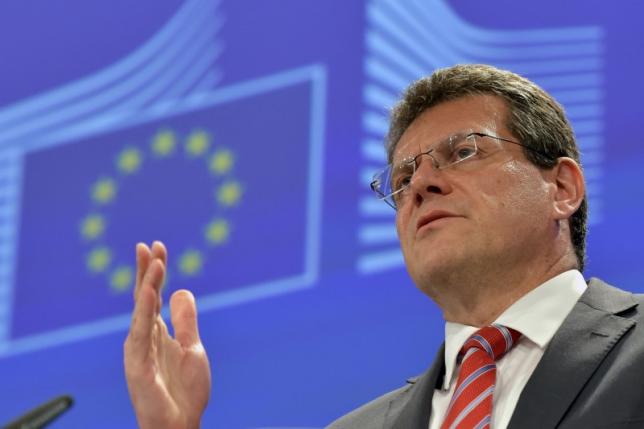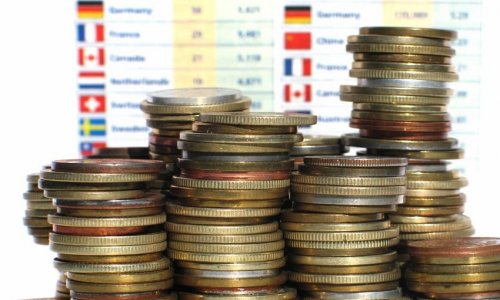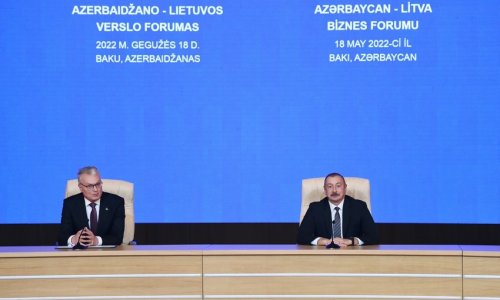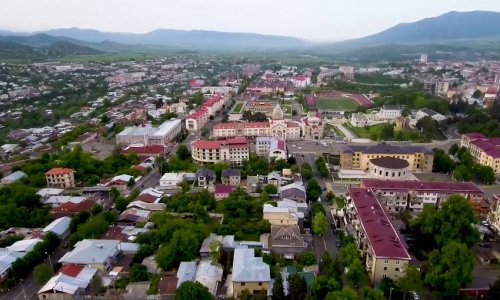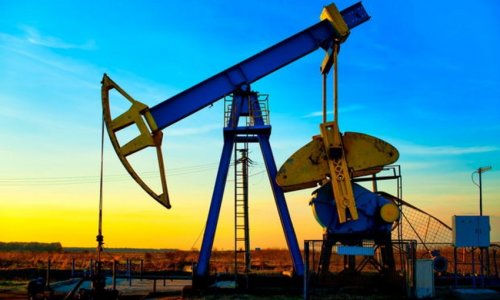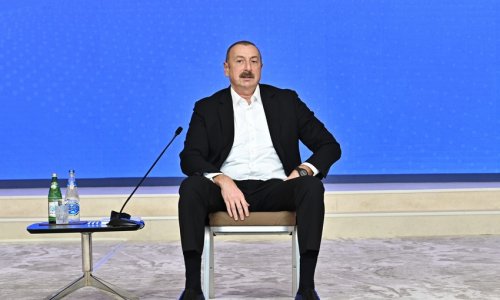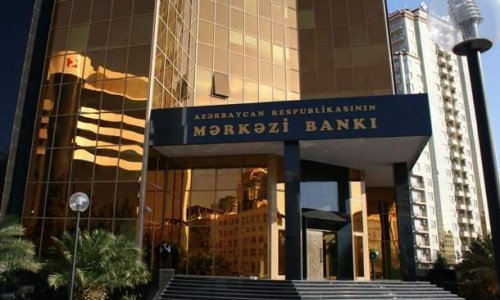Europe's energy boss said on Wednesday EU member states lacked sufficient alternatives to Russian supplies and called for "an urgent political push" for strategic power and gas links to share resources.
In a first state of the energy union address, which the European Commission aims to make an annual event, Vice President Maros Sefcovic said nations fell short of the Commission's energy aims.
Poland with a new conservative government, wants to carry on investing in coal, while a group of European companies have signed an agreement with Gazprom to expand its Nord Stream link direct to Germany.
"In 2016, geopolitical challenges will not go away. We have to keep pushing for diversification of energy sources," Sefcovic said, reiterating that the Commission would scrutinize whether the Nord Stream plan complied with EU rules.
The Commission is seeking sustainable, affordable, efficient and diversified supplies - meaning at least three separate suppliers. For some nations, Russia, which provides around a third of EU energy, is their only option.
U.S. Assistant Secretary for Fossil Energy Christopher Smith on a visit to Brussels said the destination of U.S. shipments of liquefied natural gas (LNG) would depend on market forces, but LNG could help.
"Diversity of supply for all of our allies, for all of our trading partners is critical. LNG helps, gas from Azerbaijan helps, more pipeline gas from North Africa is positive," he said.
The European Commission will next year present its strategy to develop LNG, which will partly depend on better infrastructure to share it round Europe.
Progress on cross-border connections is slow, because of planning battles and governments' reluctance to rely on other nations.
The Commission on Wednesday published a revised list of Projects of Common Interest entitled to accelerated planning and EU funding on the grounds they benefit more than one member state and said they needed "an urgent political push".
Apart from seeking better infrastructure, the Commission is bracing for a tough fight next year on how to share out a 2030 target to reduce greenhouse emissions by at least 40 percent versus 1990 limits.
That goal is the EU pledge ahead of U.N. talks in Paris on a new climate deal, which start at the end of the month.
The Commission is calling on the 28 EU nations to submit draft plans, to be ready by 2017, on how they will comply with the bloc's energy goals up to 2030.
Non-governmental organizations said the Commission's energy union was too focused on gas.
"Decarbonisation, energy independence and self-sufficiency in renewable energy production should be the focus," Greenpeace EU climate and energy policy adviser Bram Claeys said.
(Reuters)
www.ann.az
Follow us !

